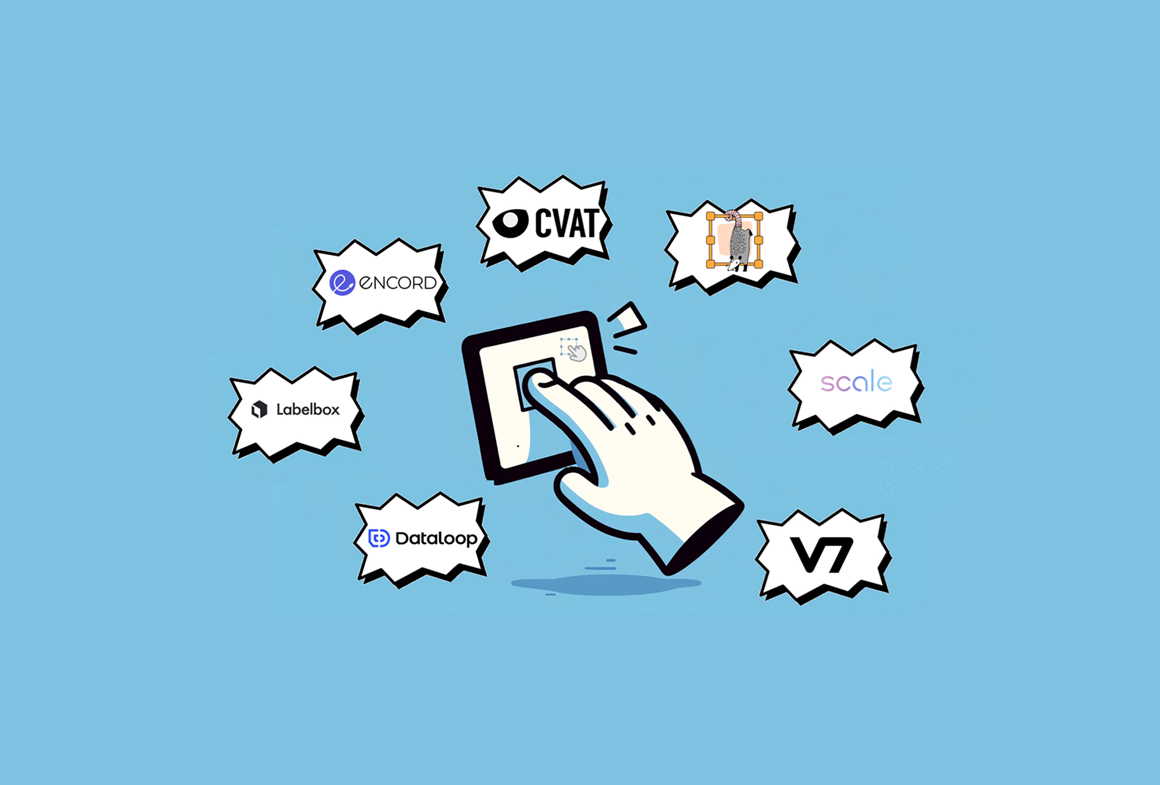Discover Kaggle: Data Science platform and complete inventory of free datasets

🔗 Kaggle is an essential and well-known tool for Data Science enthusiasts. First and foremost, this tool offers a unique space where analytical and technical skills can flourish. Indeed, Kaggle offers data science learning and practice opportunities for experts and less-experts alike. Founded in 2010, Kaggle has rapidly evolved into a global community of data scientists, engineers, researchers and enthusiasts.
The platform stands out for its Data Science competitions, which enable participants to solve real problems posed by companies and organizations, while competing for attractive prizes. These competitions not only provide an exceptional training ground for novices, but also a testing ground for experts wishing to hone their skills and measure themselves against their peers.
Exploring Kaggle, users discover a wealth of resources to experiment with, varied datasets, and a collaborative community, making this platform a real springboard for progress in Data Science and Artificial Intelligence. But more than just a learning platform, over the years Kaggle has evolved into a 🔗 comprehensive inventory of Datasets (several hundred thousand datasets to date)!
Why is the Kaggle platform essential for data scientists?
First of all, Kaggle is accessible to everyone, enabling everyone to participate and learn. Kaggle has become a key player for data scientists for several reasons:
High-level competitions
Kaggle organizes competitions that attract teams and individuals from all over the world. These competitions enable participants to solve complex problems using Machine Learning and dataset analytics techniques. Taking part in these competitions is a great way to test your skills, compete against experts and gain visibility. These competitions are open to all community members.
Rich databases
Kaggle offers a vast collection of datasets in various fields (health, finance, climate, etc.), often accompanied by detailed descriptions and annotations. This variety enables data scientists to find the right data for their projects, and to familiarize themselves with real, diverse datasets.
Learning and sharing knowledge
The platform offers a wealth of educational resources, including shared notebooks, tutorials, courses and discussions. These resources facilitate learning and the sharing of best practices between professionals in the field.
Active community
Kaggle is also known for its dynamic community. Forums allow users to ask questions, share ideas and collaborate. This community is a valuable source of support and advice for both novice and experienced data scientists.
Development tools and environments
Kaggle provides an integrated development tool (Kaggle Kernels) that enables users to code directly on the platform. This service offers free access to computing resources / cacul resources, which is particularly useful for Data Scientists who don't have access to expensive infrastructures, as is the case for students, for example.
Career opportunities
As well as learning and competing, Kaggle can also act as a springboard for careers. Top performances in competitions can attract the attention of recruiters and open up professional opportunities in the field of Data Science.
How do I get started with machine learning on Kaggle?
Getting started in artificial intelligence and machine learning on Kaggle can seem daunting at first, but by following a few key steps, you can quickly immerse yourself in a dynamic environment. Here's a guide to help you get started:
Create an account and explore Kaggle
The first step to get started on Kaggle is 🔗 create a free account on the platform. Once logged in, take the time to explore the site. Familiarize yourself with the various sections such as competitions, datasets, notebooks and discussions. You'll also find courses and tutorials on machine learning that are very useful for beginners. All these resources and sections are available to all members (and free!).
Choose a project or a competition
Kaggle offers a variety of 🔗 competitions tailored to different skill levels. If you're just starting out, you can start with beginner-level competitions or practice projects, which usually come with guides and tutorials. For more open-ended projects, explore the available dataset columns and select one that interests you. This will enable you to work on real-life problems and apply the skills you've learned.
Acquire fundamental skills
Before entering complex competitions, make sure you have a good grasp of basic machine learning skills. This includes understanding and being able to analyze fundamental concepts such as regressions, classifications, clustering algorithms and cross-validation techniques. Kaggle offers free training courses (with or without certification) and notebooks that can help you strengthen these skills.
Use Kaggle notebooks
Kaggle notebooks are online coding environments where you can write and run Python code directly on the platform. They're ideal for experimenting and testing your designs. Start by exploring public notebooks to see how others have tackled similar problems. Then create your own notebooks to test your ideas and solutions. Notebooks can also be shared with the community for feedback and suggestions.
Learn by contributing and collaborating
Kaggle is an active community where learning and collaboration are essential. Participate in forum discussions to ask questions, share knowledge and get advice. Collaborating with other participants can simulate corporate work environments, improving your collaboration and project management skills.
Submit and refine your models
Once you've developed a model, submit it to the competition or project to get a score. Use the feedback to refine and improve your model. Iteration is important in machine learning, so be prepared to adjust your approaches based on the results and new information you get.
Follow our progress and keep learning
The field of machine learning is rapidly evolving with new techniques and tools. Stay up to date by following the latest publications, exploring new competitions and continuing to learn through online training and personal projects. Participating actively in the Kaggle community will help you stay informed and improve your skills.
💡By following these steps, you can develop your machine learning skills while benefiting from the wealth of resources and community offered by Kaggle.
What types of competitions can I find on Kaggle?
On Kaggle, competitions vary according to the challenges they pose and the objectives they aim to achieve. Here are the main types of competition found on the platform:
- Forecasting competitions: These competitions focus on forecasting future values based on historical data. For example, predicting future product sales, energy demand or economic trends. Time series models and regression techniques are often used.
- Classification competitions: Here, the challenge is to classify data into different categories. This may include tasks such as image classification (identifying objects in photos), text classification (determining the sentiment of a message) or tabular data classification.
- Regression competitions: These competitions aim to predict a continuous value. Participants must create models capable of estimating quantities such as the price of a house, the amount of pollution or financial scores.
- Anomaly detection competitions: In these competitions, the aim is to detect anomalies or unusual behavior in data sets. This may include detecting fraud, faults in manufacturing processes or identifying erroneous data.
- Segmentation competitions: These usually focus on image segmentation, where participants have to divide an image into meaningful regions, or identify specific objects in an image. This is commonly used in fields such as medicine to segment medical images.
- Text generation competitions: Here, participants must generate text based on specific prompts or conditions. This includes tasks such as automatic text generation, translation, or creating responses in dialog systems.
- Search and optimization competitions: These competitions focus on solving optimization or search problems in complex spaces. Participants may have to develop algorithms to solve logistics, planning or resource allocation problems.
- Recommender algorithm competitions: In these competitions, participants have to create recommender systems capable of predicting user preferences for articles, films, products, etc., based on historical data.
Each competition on Kaggle has specific rules and defined objectives, enabling participants to test their skills in a variety of contexts and apply Data Science techniques to real-world problems.
Going further... using the datasets available on Kaggle
We can't say it often enough... your models need quality datasets! Kaggle offers an extremely comprehensive inventory of datasets of varying quality to help you solve your most generic problems. Below, we've compiled a Top 10 list of the best datasets available on Kaggle.
Here is a list of 10 popular datasets available on Kaggle, each with a direct link to access them:
1) Titanic Machine Learning dataset
2) Iris Species
3) House Prices: Advanced Regression Techniques
4) MNIST Handwritten Digits
5) New York City Taxi Trip Duration
6) Heart Disease UCI
7) COVID-19 Open Research Dataset (CORD-19)
8) The Movies Dataset
9) Wine Reviews
10) Credit Card Fraud Detection
💡 These datasets cover a variety of fields, from image recognition to textual data analysis, including classification, regression and more.
Other uses: training in Data Visualization with Kaggle datasets
The datasets available on Kaggle aren't just for creating machine learning models: they're also an excellent basis for learning about data visualization! The varied datasets available on Kaggle allow you to explore visual design approaches while learning how to effectively represent complex information. By drawing on appropriate resources, such as a 🔗 Data Visualization training (the training available at this address is given by Jean-Marie Lagnel, expert trainer in data design and author of the Manuel de Datavisualisation, 2nd edition, Editions Dunod), it's possible to acquire useful skills for analyzing and presenting data in a clear and impactful way!
Conclusion
In conclusion, Kaggle is a must-have platform for anyone wanting to get started in machine learning, whether you're an enthusiastic novice or a seasoned enthusiast. By creating a profile, exploring competitions and datasets, and using the tools and resources available, you can gradually develop your skills and take on real challenges (and why not win prizes 💰!).
Kaggle notebooks provide an ideal environment for experimenting and refining your designs, while the active community offers valuable support and learning opportunities. Remember, the key to success in your Kaggle adventure lies in continuous experimentation, collaboration and a willingness to keep abreast of the latest developments.
By getting actively involved and exploiting the resources available, you can not only improve your skills, but also contribute to exciting and innovative projects. So go ahead, explore the infinite possibilities offered by Kaggle, and let your curiosity guide your journey into the fascinating world of artificial intelligence!





